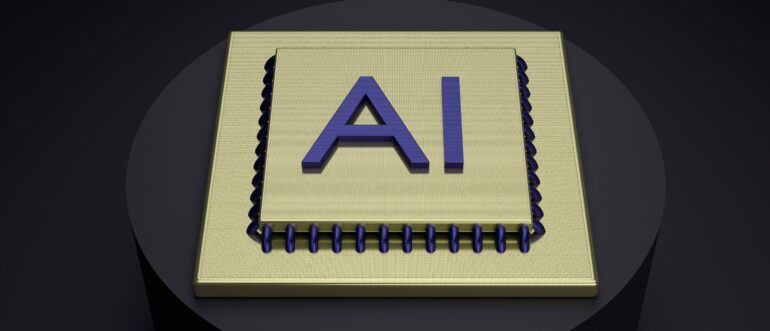
Despite hysteria on social media and sensationalized headlines, AI isn’t here to replace workers or take over the world. Instead, it will become a critical partner to work alongside employees and transform roles in incredible ways. This vital partner is known as an AI copilot, and in five years, we’ll see every worker across every sector leveraging an AI copilot to carry out their daily tasks.
However, the way these workers interact with AI will vary by field. For example, in the industrial sector, generative AI copilots promise to empower quicker, data-driven decisions in ways domain-specific AI tools have yet to master. For desk workers, as generative AI continues to gain mainstream acceptance, it is quickly becoming like the Gutenberg Press of our time by democratizing knowledge, communication and content creation as it continues gaining mainstream acceptance.
Reimagining Jobs with AI CoPilots for Office Workers
Generative AI-based copilots will catalyze a transformation for desk workers by reducing time spent on menial tasks and freeing workers to focus on more strategic tasks. First, these partners will streamline communication processes by delivering grammatically correct, concise, structured and audience-specific work communication. In doing so, generative AI will also raise the bar for communication and professional standards as it’s incorporated throughout the enterprise.
Generative AI copilots leveraged by office workers will also open a world of opportunity in terms of content creation. The enterprise is a collection of people that function like a single brain, constantly learning and creating a body of organizational knowledge. However, most organizational brains suffer from an extreme case of memory loss. That’s where a copilot can step in to be the memory bank. AI partners can tell an individual how others previously approached a similar situation and who to reach out to within the organization for further guidance.
AI co-pilots will also be able to break down the barriers between content types, present the content and communicate with the workforce effectively, making disseminating information within the workplace seamless. Example? When creating an enterprise business proposal, an individual often needs input from stakeholders like sales, product, marketing, services, finance and legal departments. AI will be able to automatically ‘translate’ its contents into the appropriate language for each department. Then, the co-pilot expedites essential tweaks to the proposal, financial implications, and creates a marketing video that illustrates the value proposition for the customer.
The AI Co-Pilot Revolution in The Industrial Sector
Generative AI will also completely alter how industrial workers, such as reliability engineers, leverage AI on the factory floor. In recent years, domain-specific industrial AI applications like Machine Health monitoring tools have gained significant momentum. These applications make sense of complex production sensor data to optimize existing processes and machinery to drive efficiencies, agility, and sustainability in ways far beyond human capacity. Translation? These solutions are brilliant and game changing, and many manufacturers have yet to take advantage of their breakthrough benefits. However, although domain-specific AI applications provide invaluable insights, a lot of decisions in the manufacturing world need to be driven by experience and opinion in parallel to data and insight. In cases where actionable insights are available, interfaces with machines still require extensive human input.
Generative AI promises to bridge the gap between domain-specific AI and the natural way people interact with each other and make decisions. Copilots built on generative models can consider text-based enterprise data like recorded conversations, work orders and operating procedures and combine them with insights derived from domain-specific AI solutions to provide people performing roles on the production floor with an AI copilot that can speak a natural language and drive data-driven decisions. For example, process and reliability engineers can ask questions like “Why is this part of the process underperforming?” or “What is the root cause of this specific machine failure?” Their AI partner would then be able to share answers stepping into the role of an expert who continuously monitors every machine and every part of the production process in a natural conversation format.
Furthermore, an AI copilot that understands natural language will pave the way for more people with diverse skill sets to enter the manufacturing industry. In the same way that software engineering became much more accessible due to the dramatic simplification of programming languages and tools, the combination of domain-specific and generative AI will reduce the complexity of industrial manufacturing, translating it into a set of simple and actionable conversations.
The Next Five Years and Beyond
As generative AI becomes more intuitive, AI copilots will become more commonplace in the workplace across the industry. In roles that are historically tethered to desks, these intelligent partners will help onboard employees, eradicate many administrative tasks and elevate workplace communication and content standards. In the industrial sector, they will fundamentally change how we think about factories and drive tremendous innovation, efficiency and sustainability in manufacturing.


